Puppy care is an essential aspect of raising a healthy and well-adjusted dog. During the early stages of a puppy’s life, veterinary attention and guidance are crucial in ensuring that they receive proper care and preventive measures to support their growth and development. By providing routine wellness checkups, vaccinations, and parasite prevention, you are laying the foundation for a lifetime of good health and happiness for your puppy.
Veterinary care for puppies involves regular visits to monitor their growth, development, and overall well-being. During these visits, the veterinarian will conduct a thorough physical examination, administer appropriate vaccinations, and provide guidance on proper nutrition and training. By following these recommendations, you will be well-equipped to raise a healthy and well-socialized canine companion.
Your Pet’s Health and Happiness Begin Here
Service FAQ
How often should I take my puppy to the veterinarian
During the first six months of a puppy’s life, frequent visits to the veterinarian are necessary for wellness checkups, vaccinations, and parasite prevention. After this period, annual visits are generally recommended for adult dogs.
Why is parasite prevention important for my puppy?
Parasite prevention is crucial for protecting your puppy’s health and well-being. Puppies are susceptible to intestinal parasites, fleas, ticks, and heartworm disease, which can lead to serious health issues if left untreated.
How can I ensure my puppy receives proper nutrition?
Consult with your veterinarian for recommendations on the best diet for your puppy’s specific breed, size, and age. Proper nutrition is vital for optimal growth and development, so it is essential to choose a high-quality, balanced diet.
What vaccinations does my puppy need?
Puppies require core vaccinations such as canine distemper, parvovirus, adenovirus, and rabies. Additional vaccines, like leptospirosis and bordetella, may be recommended based on your puppy’s lifestyle and risk factors.
When should I start socializing my puppy?
It is essential to begin socializing your puppy at an early age to help them develop into a well-adjusted adult dog. Start introducing them to new environments, people, and other animals as early as possible, ideally between 8-16 weeks of age.
What behavioral issues should I look out for in my puppy?
Common behavioral issues in puppies include house training difficulties, nipping, chewing, and barking. Consult with your veterinarian or a professional dog trainer for guidance on addressing these issues and establishing a proper training routine.
